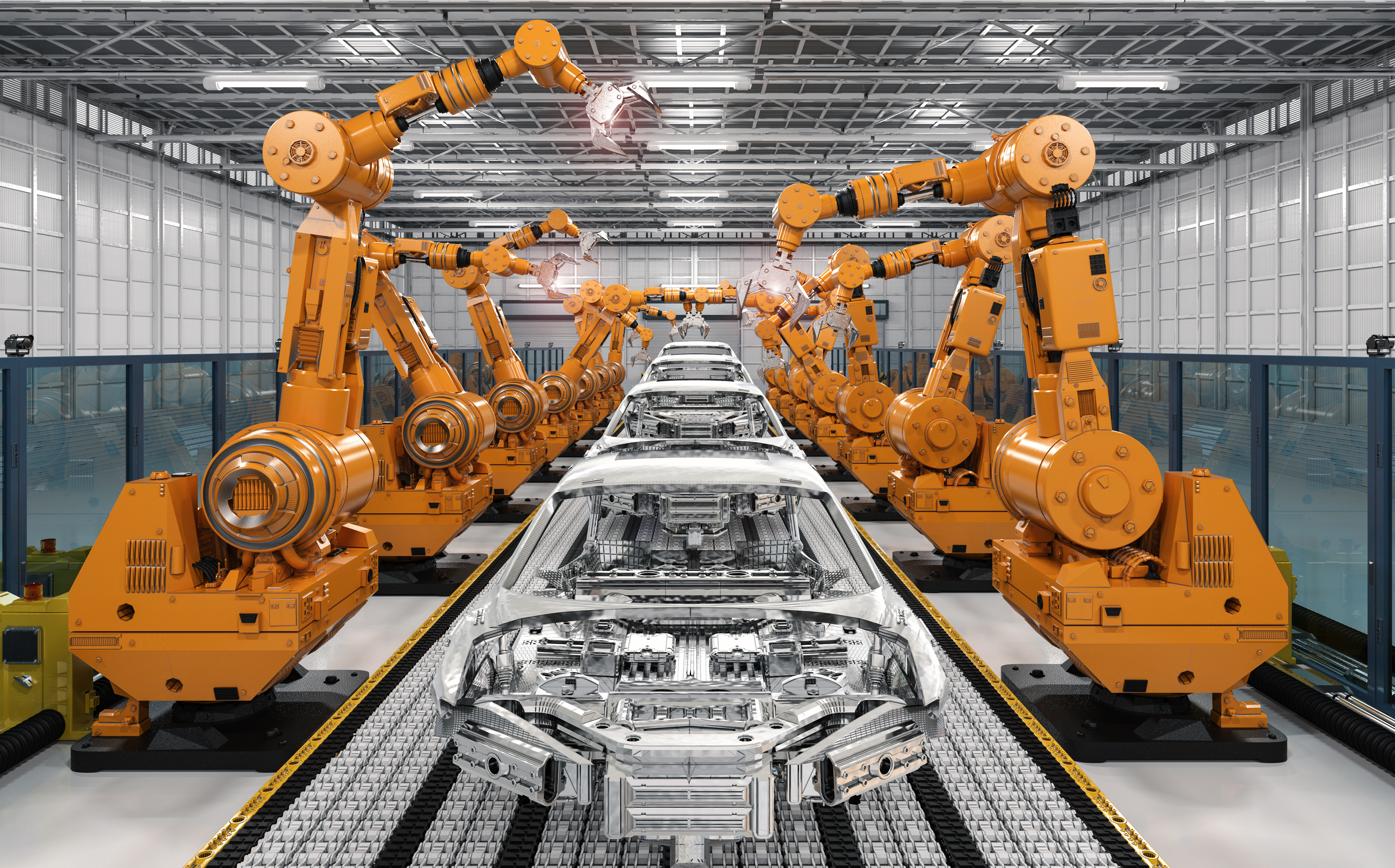CIOP sessions are conducted by a pool of faculties who also offer the other international certification programs. The typical faculties are having experience between 20 to 30 years in the domains of procurement and supply chain and have a wealth of industry and teaching experience. All of them have great passion for teaching and believes in continuous learning and sharing those learnings. The faculties also go through periodic trainings titled “Faculty Development Programs” to keep them abreast with the latest developments in supply chain and teaching methodologies. Basically, all the faculties are practitioners or consultants who work for the industry and teach supply chain during their spare time or execute this as a project.

An assembly line is an automated manufacturing process where different components are added to a semi-complete assembly until the completed final assembly is completed. The term "Assembly Line" has various other meanings, depending upon the perspective with which it is used. For instance, the term "Line," in the context of an assembly line refers to the
sequential order in which items are moved along the assembly line and is thus a part of the production management process. A variation on this theme is when the assembly line breaks down into different lines for different products or processes. In this sense, the term "Line" can be used to refer to a single or to a set of parallel lines.
In manufacturing, there are many different manufacturing processes but assembly lines are common to all of them. Assembly lines are usually characterized by a sequential series of operations where a product is fabricated in a fixed location and then is moved from the fabrication unit onto an assembly line where it is put together as one complete part. Once this part is ready, it is then moved to the packaging area, which may not be automated. While the processes in these three different areas are often very different, they all share a common thread: the repeated tasks that must be performed in order to produce a final product.
One of the most obvious characteristics of an assembly line is the repetitive nature of the operation. Even the simplest assembly lines, which merely require machines and worker to operate, involve hundreds, if not thousands, of repeat tasks. As manufacturing technologies have advanced and become more complex, the amount of repeating tasks associated with any manufacturing process has increased as well, making the assembly line, like so many others throughout the manufacturing industry, more complex, rather than a simple, production process.
Certified Inventory Optimization Professional
CIOP is an end-to-end supply chain certification that contains 30 modules such as Introduction to Supply Chain Management, All About Inventory, Production Planning System, Strategic Business Planning, Sales & Operations Planning, Master Scheduling, Material Requirements Planning, Demand Management, Capacity Management, Forecasting, Production Activity Control, Procurement, Order Quantities, Independent Demand Ordering Systems, Warehouse Management, Transportation Management, Supplier Relationship Management (SRM), Customer Relationship Management (CRM), Introduction to Quality, Introduction to Packaging, Introduction to Process, Lean, Six Sigma, Total Quality Management, Theory of Constraints, Supply Chain Technologies, Supply Chain Techniques, Industry 4.0, International Standards and Supply Chain Risk, Safety and Security.
CIOP Knowledge Series
One-Minute Supply Chain Facts
The most recent video is available here. To access the past videos in the One-Minute Supply Chain Facts Series, please click the playlist icon located on the Top-Right of the video.


